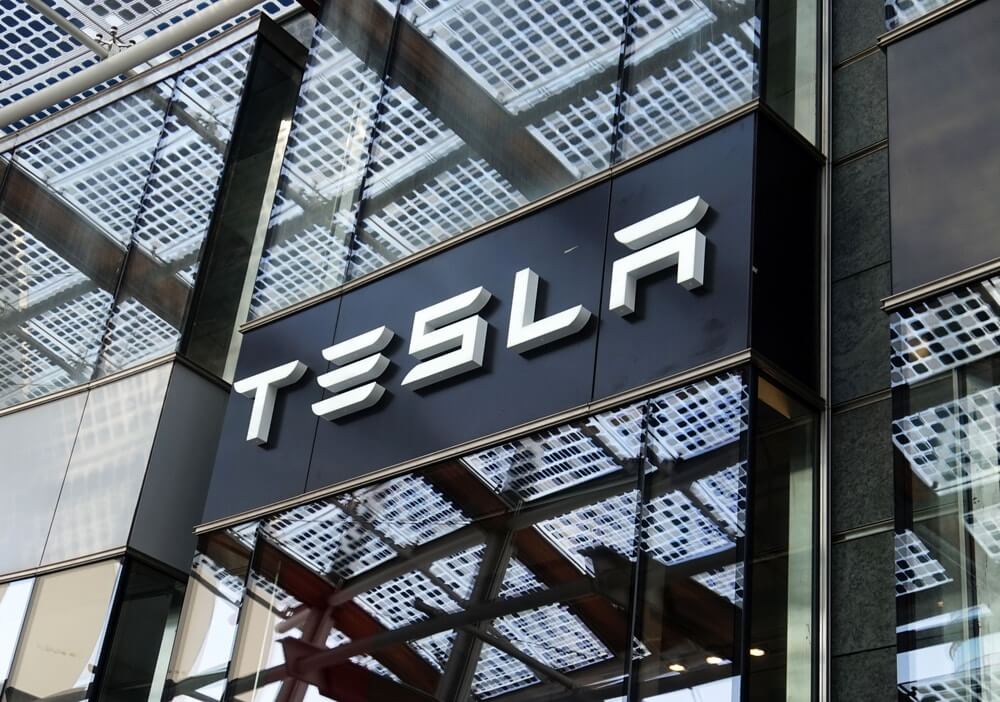
Tesla’s Strategic Move to Tap into the Indian EV Market
- Tesla Inc is considering entering the Indian market, eyeing reduced import duties for electric vehicles.
- India’s government proposes a policy offering Tesla a lower import duty rate of 15% for electric cars over INR 3 million.
- The move aims to boost local manufacturing and employment amidst concerns from Indian automakers about competitive fairness.
With the current market conditions, Tesla Inc. is poised to enter the Indian market. The government is reportedly finalising policies to offer Tesla reduced import duties on electric cars priced over INR 3 million. This move signifies a potential game-changer for India’s electric vehicle (EV) landscape. Consequently, the concession, which may last 2-3 years, marks a departure from the initial requirement of bank guarantees for Tesla’s proposed $2 billion investment in an Indian EV factory.
A Balancing Act: Encouraging Local Production vs. Fair Competition
India’s import duty structure is notably steep, with 100% duties on cars valued over $40,000 and 60% for those below this threshold. Tesla’s interest in the Indian market is contingent upon a favourable import duty rate of 15% for its initial years. This strategy aims at boosting employment and reducing EV prices through domestic production. It involves temporary duty reductions instead of bank guarantees. However, this prospective leniency towards Tesla has sparked cautious reactions from Indian automakers. They are concerned about the competitive advantage this might afford Tesla, which has yet to commit to a definite investment plan in India.
Indian Auto Industry’s Call for Equitable Treatment
The potential policy adjustment for Tesla has caught the attention of Indian industry leaders. As a result, figures like Anish Shah, CEO of Mahindra & Mahindra, have vocalised the need for equal treatment. Speaking at the Forum in Davos, Shah emphasised the importance of foreign EV manufacturers investing in local production. This effort aims to prevent India from becoming merely an importer. Accordingly, this sentiment reflects the broader ambition to foster a competitive and self-sustaining EV market within India.
As Tesla eyes the Indian market, the challenge lies in balancing the incentives for global giants with ensuring a level playing field for domestic players. Consequently, the unfolding scenario promises to redefine the automotive industry’s future in India, setting the stage for an electrified mobility landscape.




